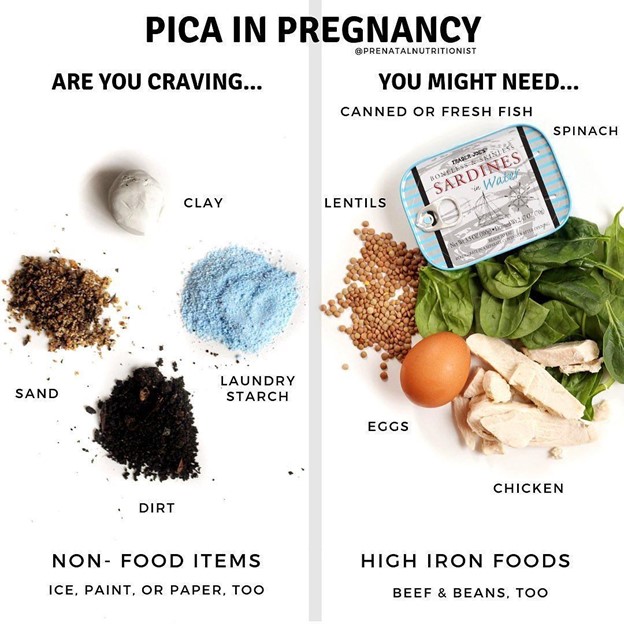When assessing a woman in her first trimester, which emotional response would the nurse most likely expect to find?
Ambivalence
Emotional lability
Introversion
Acceptance
The Correct Answer is B
Choice A Reason: This is incorrect because ambivalence is a mixed or contradictory feeling towards something or someone. It may occur in some women during pregnancy, especially if the pregnancy was unplanned or unwanted. However, it is not the most likely emotional response in the first trimester.
Choice B Reason: This is correct because emotional lability is a rapid and exaggerated change in mood or affect. It may occur in many women during pregnancy due to hormonal fluctuations, physical changes, and psychological stressors. Emotional lability may manifest as increased irritability, anxiety, sadness, or crying spells.
Choice C Reason: This is incorrect because introversion is a personality trait that indicates a preference for solitude and inward focus. It may be present in some women before or during pregnancy, but it is not an emotional response that is specific to the first trimester.
Choice D Reason: This is incorrect because acceptance is a positive attitude that indicates a willingness to embrace the reality of something or someone. It may develop in some women during pregnancy as they adjust to their new role and identity as mothers. However, it is not the most likely emotional response in the first trimester.
Nursing Test Bank
Naxlex Comprehensive Predictor Exams
Related Questions
Correct Answer is B
Explanation
Choice A Reason: Linea nigra is a dark vertical line that appears on the abdomen of some pregnant women. It is caused by increased melanin production and usually fades after delivery.
Choice B Reason: Pica is a condition in which a person has an abnormal desire to eat substances that are not food, such as ice, clay, dirt, or chalk. It is more common in pregnant women and may indicate a deficiency in iron or other nutrients.
Choice C Reason: Ballottement is a technique of palpating a floating structure by bouncing it gently and feeling it rebound. In obstetrics, it can be used to detect the presence of the fetus by feeling its head move when the cervix is tapped.
Choice D Reason: Quickening is the first perception of fetal movements by the pregnant woman. It usually occurs between 16 and 20 weeks of gestation.

Correct Answer is B
Explanation
Choice A Reason: This is incorrect because wearing spandex-type full-length pants can constrict the blood flow and increase the swelling in the feet. The nurse should advise the woman to wear loose-fitting clothes and comfortable shoes that do not squeeze or rub her feet.
Choice B Reason: This is correct because elevating the legs when sitting can improve venous return and reduce the swelling in the feet. The nurse should encourage the woman to elevate her legs above her heart level whenever possible and avoid crossing her legs or standing for long periods.
Choice C Reason: This is incorrect because limiting the intake of fluids can cause dehydration and worsen the swelling in the feet. The nurse should recommend the woman drink plenty of water and other healthy fluids to maintain hydration and flush out excess sodium and waste products from her body.
Choice D Reason: This is incorrect because eliminating salt from the diet can cause electrolyte imbalance and affect the fluid balance in the body. The nurse should advise the woman to consume salt in moderation and avoid processed foods that are high in sodium.
Whether you are a student looking to ace your exams or a practicing nurse seeking to enhance your expertise , our nursing education contents will empower you with the confidence and competence to make a difference in the lives of patients and become a respected leader in the healthcare field.
Visit Naxlex, invest in your future and unlock endless possibilities with our unparalleled nursing education contents today
Report Wrong Answer on the Current Question
Do you disagree with the answer? If yes, what is your expected answer? Explain.
Kindly be descriptive with the issue you are facing.
